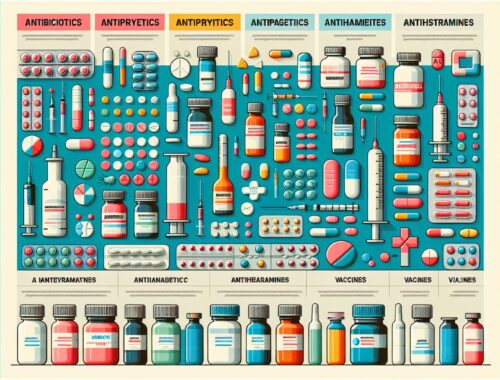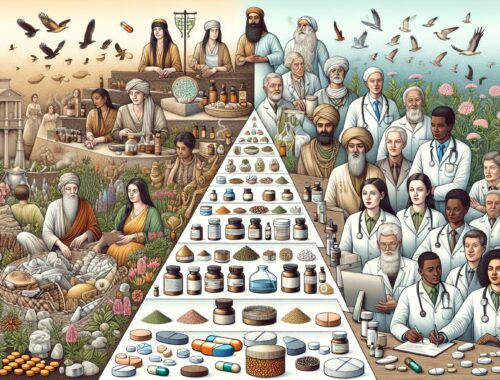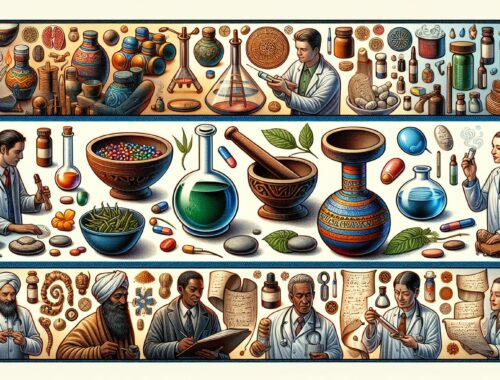
Different Types of Medicines
Medicines play a crucial role in the treatment of various illnesses and diseases. They are designed to alleviate symptoms, cure or manage conditions, and improve overall well-being. With countless medicines available in the market, it can be overwhelming to understand the different types and their specific uses. In this article, we will explore the various categories of medicines and how they work to promote health and healing.
Introduction: How Medicines Work
Before diving into the various types of medicines, it is essential to understand how they work. Medicines can be broadly classified into two categories: prescription and over-the-counter (OTC) drugs. Prescription drugs are medications that can only be obtained with a doctor’s prescription and are typically more potent, often targeting specific ailments. OTC drugs, on the other hand, are readily available without a prescription and are commonly used for self-treatment of minor ailments.
The Different Types of Medicines
1. Analgesics
Analgesics, commonly known as painkillers, are medications used to alleviate pain. They can be further classified into two categories: non-opioid analgesics, such as paracetamol and nonsteroidal anti-inflammatory drugs (NSAIDs), and opioid analgesics, like morphine and codeine. Analgesics work by blocking pain signals or reducing inflammation, providing temporary relief from discomfort.
2. Antibiotics
Antibiotics are powerful medications used to treat bacterial infections. They work by either killing bacteria or slowing down their growth, ultimately eradicating the infection. It is important to note that antibiotics are ineffective against viral infections, including the common cold or flu.
3. Antidepressants
Antidepressants are prescribed to individuals suffering from depression, anxiety disorders, or other mental health conditions. They work by altering chemicals in the brain, such as serotonin or dopamine, to improve mood, regulate emotions, and alleviate symptoms of depression.
4. Antihistamines
Antihistamines help in reducing or blocking the effects of histamine, a chemical responsible for allergy symptoms. They are commonly used to ease symptoms like sneezing, itching, and watery eyes caused by allergic reactions to substances such as pollen, dust, or pet dander.
5. Antacids
Antacids are medications used to neutralize excess stomach acid, providing relief from conditions like heartburn, indigestion, or acid reflux. They work by increasing the pH level in the stomach and reducing acidity levels.
6. Anticoagulants
Anticoagulants, also known as blood thinners, are prescribed to individuals at risk of blood clots. By slowing down the body’s blood-clotting process, they help prevent or treat conditions such as deep vein thrombosis (DVT) or stroke.
Conclusion: The Importance of Medicine
Medicines are an integral part of modern healthcare, offering solutions to a wide range of health issues. Understanding the different types of medicines and their uses empowers individuals to make informed decisions for their well-being. It is crucial to consult healthcare professionals and follow their guidance when using medications to ensure safety and effectiveness. Remember, medicines should always be used responsibly, following the prescribed dosage, and taking note of potential side effects. With proper knowledge and responsible usage, medicines can contribute significantly to improving and maintaining our health.
You May Also Like

The Different Types of Medicines
December 27, 2023
The Different Types of Medicines
February 6, 2024

